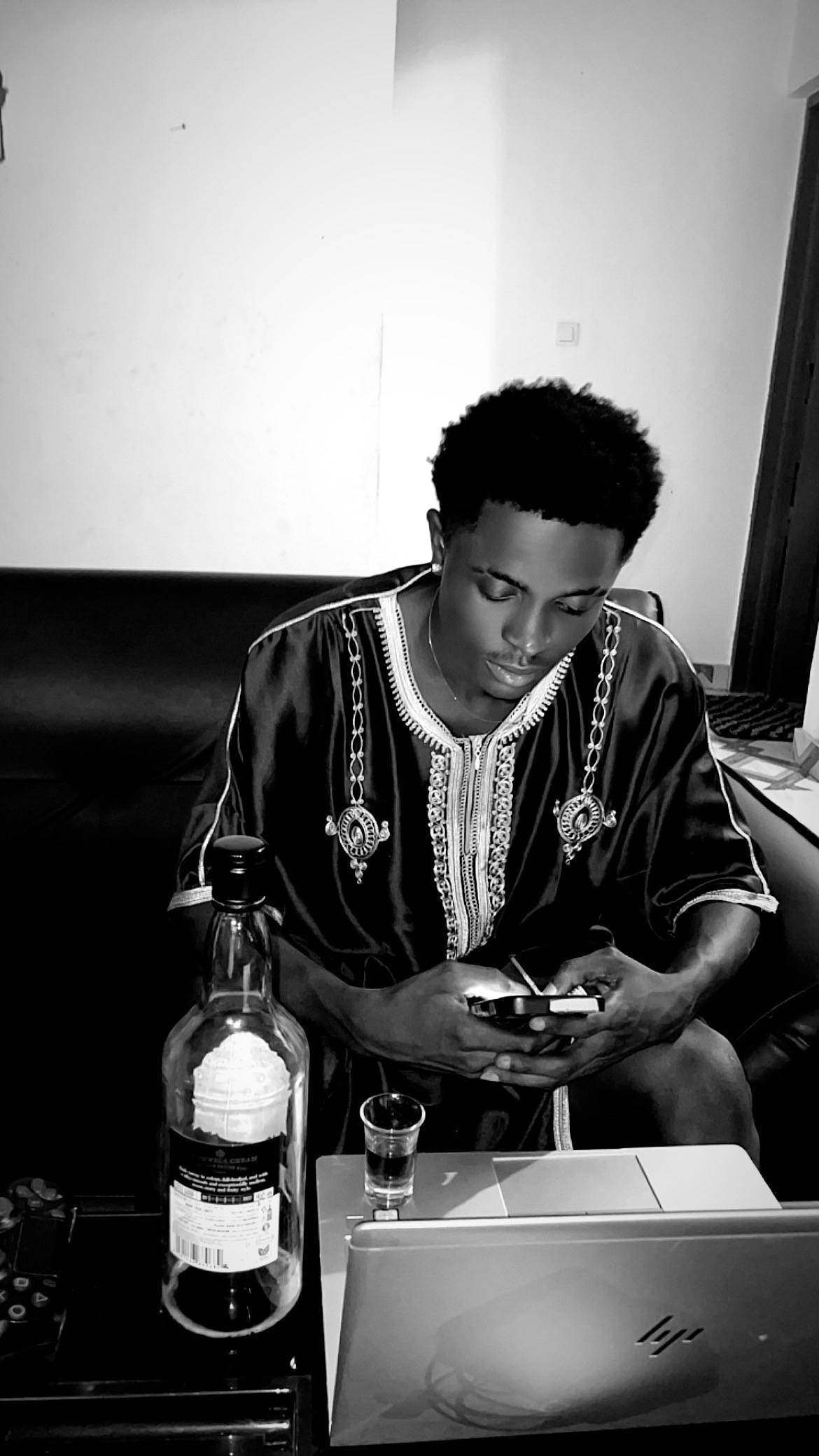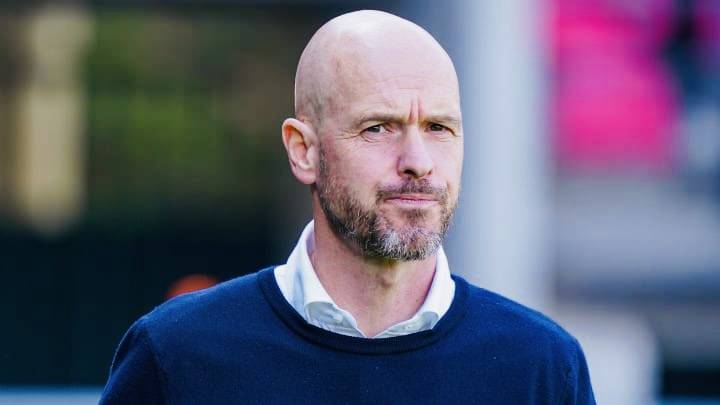Jamie Carragher, the former Liverpool defender turned football pundit, has made a bold prediction about the future of Manchester United's current manager, Erik ten Hag. Carragher expressed skepticism regarding Ten Hag's long-term prospects at the club, suggesting that the Dutchman may not remain in charge beyond this season. "I would be surprised if he is still in charge at the end of the season," Carragher stated, highlighting the mounting pressure on Ten Hag as the team's performances continue to falter.
This statement raises the critical question: should Manchester United consider a managerial change for the next season?
Erik ten Hag, who joined Manchester United in 2022, was brought in with the expectation that he could restore the club to its former glory. Ten Hag had impressed during his tenure at Ajax, where he won multiple Eredivisie titles and led his team to the semi-finals of the UEFA Champions League in 2019. His appointment at United was seen as a step toward rebuilding a side that had been struggling to find stability and success in the years since Sir Alex Ferguson’s retirement in 2013.
However, despite a promising start, Ten Hag has faced significant challenges in his role at Manchester United. His first season saw some improvements, such as a return to the Champions League and winning the Carabao Cup, but these successes were overshadowed by a string of inconsistent performances in the Premier League and Europe. The team has struggled with defensive lapses, a lack of creativity in the midfield, and an overreliance on individual brilliance rather than cohesive team play. This has led to growing frustration among fans and pundits, including Carragher, who are now questioning whether Ten Hag is the right man to lead the club forward.
There are several reasons why Manchester United might consider a change in their managerial position. First and foremost, the club has not shown significant progress in key areas such as tactical discipline, game management, and player development under Ten Hag’s leadership. The defensive organization remains questionable, with United conceding too many goals from set pieces and counter-attacks. The team’s midfield lacks balance and creativity, often appearing disjointed and unable to control games against top opponents.
Moreover, Ten Hag’s reliance on certain players, while sidelining others, has led to concerns about his man-management skills. Reports of dressing room unrest and dissatisfaction among players have surfaced, suggesting that the Dutchman may not have the full backing of his squad. In a club as big as Manchester United, maintaining harmony and motivation within the team is crucial, and any sign of division can have a detrimental impact on overall performance.
Another argument for considering a new manager is that Manchester United has consistently fallen short in key matches against their rivals. Their performances against top teams in the Premier League and Europe have been lackluster, raising questions about Ten Hag's tactical acumen and ability to adapt to different challenges. If United aims to compete at the highest level, they need a manager who can outthink and outperform the best in the business.
However, there are also compelling reasons to retain Ten Hag for at least another season. First, changing managers frequently has not yielded the desired results for Manchester United in the past decade. Since Ferguson’s departure, the club has hired and fired several high-profile managers, including David Moyes, Louis van Gaal, José Mourinho, and Ole Gunnar Solskjær. None of these changes brought sustained success, suggesting that instability at the managerial level could be more of a problem than the solution.
Ten Hag should also be given credit for his attempt to instill a distinct style of play at Manchester United, one characterized by high pressing, quick transitions, and attacking football. While the results have been mixed, there have been glimpses of progress. Building a winning team takes time, and Ten Hag is still relatively early in his tenure. Patience could pay off if he is given the opportunity to fully implement his ideas and philosophy.
Furthermore, the current squad has several areas that need strengthening, particularly in defense and midfield. It is arguable that Ten Hag has not been fully backed in the transfer market to acquire the players necessary to execute his vision. A new manager would face the same challenges and might require another period of adjustment and rebuilding.
Ultimately, whether Manchester United should change their manager depends on several factors, including the club's long-term strategy, the availability of potential replacements, and the progress (or lack thereof) shown by the team in the coming months. If Ten Hag can demonstrate that he is capable of adapting his tactics, managing his squad effectively, and delivering consistent results, he might earn himself more time at the helm.
However, if the team's performances continue to stagnate or deteriorate, the club's leadership may feel compelled to consider alternatives. For now, the clock is ticking, and all eyes will be on Ten Hag and his players to see if they can turn the tide and prove their critics, including Carragher, wrong.




No comments yet
Be the first to share your thoughts!